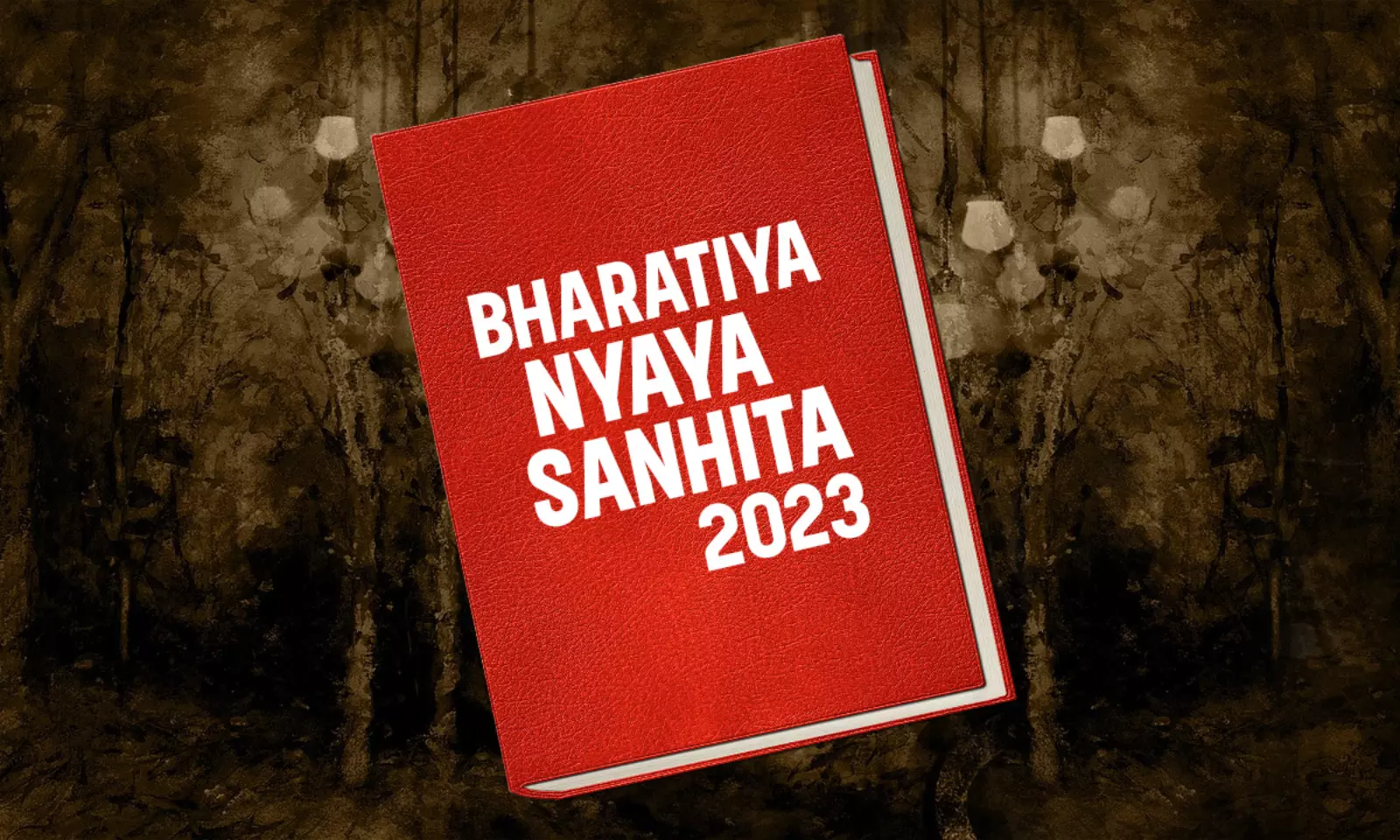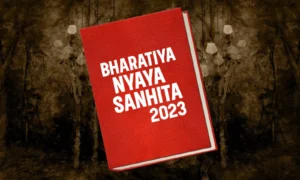
non consensual unnatural sex laws
SC to Hear Plea on Missing Provisions in BNS
The Supreme Court of India is set to hear a plea on October 14, challenging the absence of legal protections against non-consensual unnatural sex in the newly implemented Bharatiya Nyaya Sanhita (BNS). The plea raises concerns that the current version of the BNS does not recognize non-consensual unnatural sex, sodomy, and bestiality as penal offenses, creating a legal void.
Impact of Repealing Section 377 of IPC
Previously, Section 377 of the Indian Penal Code (IPC) made non-consensual unnatural sex, including sodomy and bestiality, a punishable offense with severe consequences. The section imposed a life sentence or up to 10 years of imprisonment, alongside a fine for those found guilty. However, with the introduction of the Bharatiya Nyaya Sanhita (BNS) in 2023, non-consensual unnatural sex laws were excluded, leading to the current legal gap.

Plea Highlights Lack of Non-consensual Unnatural Sex Laws
The writ petition, filed under Article 32 along with Article 142 of the Indian Constitution, emphasizes the necessity for provisions that parallel the repealed Section 377. It argues that the omission of non-consensual unnatural sex laws from the BNS constitutes a violation of fundamental rights as outlined in Articles 14 and 21, which guarantee equality and the right to life and personal liberty.
According to the petition, after the implementation of the BNS on July 1, 2023, a legal void emerged concerning offenses previously covered under Section 377. The plea, submitted through advocate Anoop Prakash Awasthi, highlights that victims of non-consensual unnatural sex are left without adequate legal remedies due to the absence of relevant penal provisions.
Supreme Court to Review the Plea
As per the cause list available on the Supreme Court’s website, a bench led by Chief Justice of India DY Chandrachud will review the plea regarding the missing non-consensual unnatural sex laws in the BNS. The focus of the hearing will be on whether the absence of these provisions infringes upon the constitutional rights of individuals affected by such acts.
Delhi High Court’s Earlier Directives
In August 2024, the Delhi High Court had directed the Union government to treat a similar petition as a representation. This petition urged the inclusion of non-consensual unnatural sex and sodomy offenses in the Bharatiya Nyaya Sanhita. The High Court emphasized that “no vacuum could exist in criminal laws” and urged the government to address the issue within six months.
The Delhi High Court further noted that while it is not the role of the judiciary to determine the punishment for an offense, the legislature should ensure that acts of non-consensual unnatural sex are appropriately covered in penal laws. This was critical for maintaining non-consensual unnatural sex laws that offer protection to vulnerable groups, including the LGBTQIA+ community.
Historical Context: The Navtej Johar Judgment
The debate over non-consensual unnatural sex laws is deeply intertwined with the landmark 2018 Navtej Singh Johar judgment. The Supreme Court, through a five-judge Constitution Bench, decriminalized consensual homosexual relationships by declaring Section 377 unconstitutional “in so far as it criminalizes consensual sexual conduct between adults of the same sex.” However, the court upheld the criminalization of non-consensual “carnal intercourse against the order of nature with any man, woman, or animal,” reinforcing the need for legal provisions covering such offenses.
The Urgency for Legal Clarity
The plea filed in the Supreme Court and the concerns raised by the Delhi High Court underscore the urgency to address the gap in non-consensual unnatural sex laws. The absence of explicit penal provisions in the Bharatiya Nyaya Sanhita for non-consensual acts, which were earlier criminalized under Section 377, has sparked fears of a lack of justice for victims. Advocates and human rights activists argue that the legal system must ensure protections to uphold the dignity and rights of all individuals.
As the Supreme Court prepares to hear the plea, the outcome will have significant implications for non-consensual unnatural sex laws in India, potentially shaping the future of criminal jurisprudence in the country. The decision will be closely watched by legal experts, activists, and affected communities alike.
KTR Alleges BJP Congress Hidden Nexus


